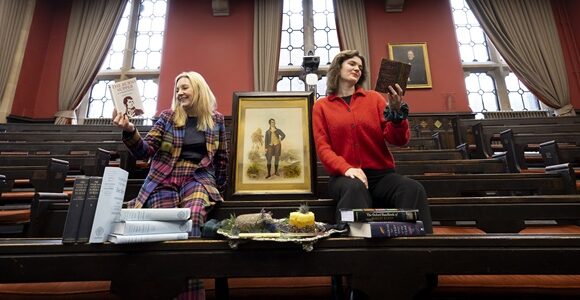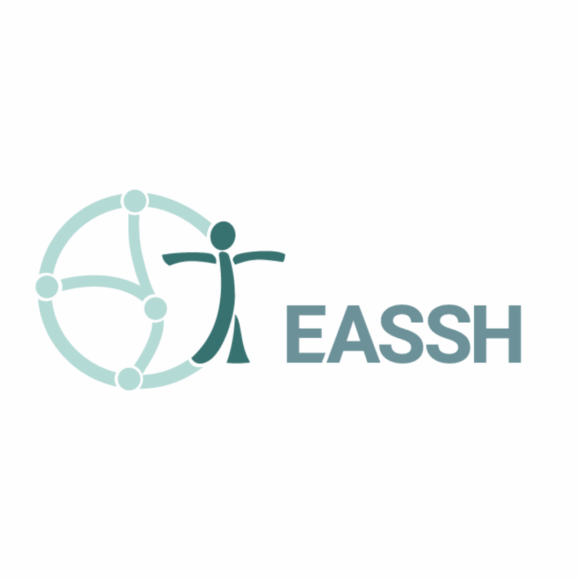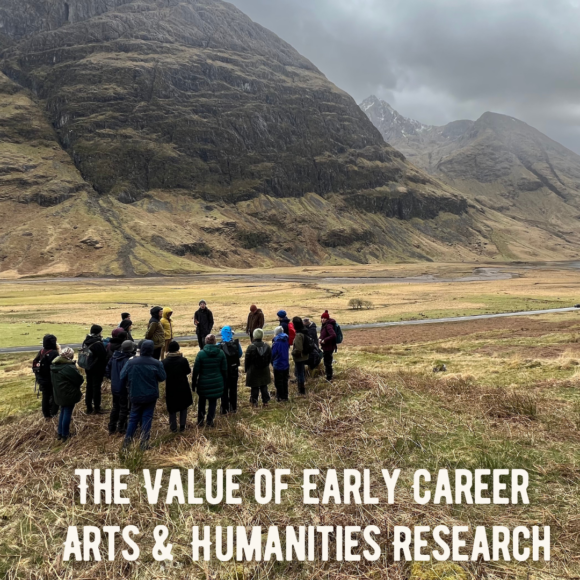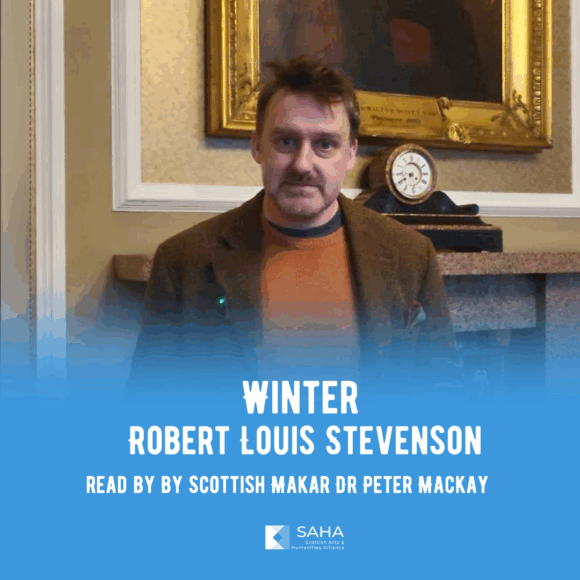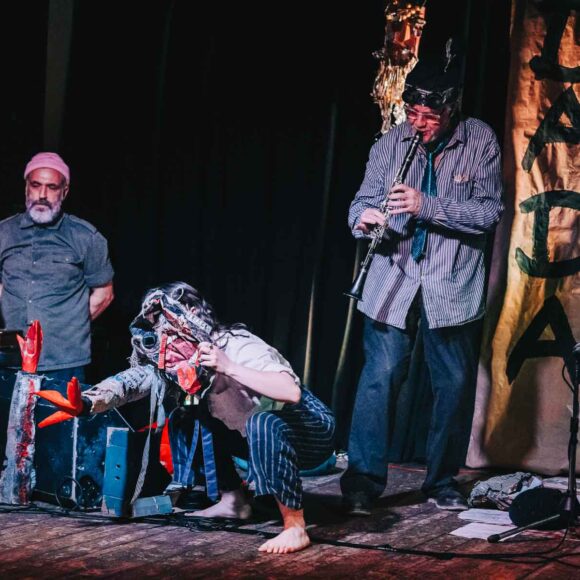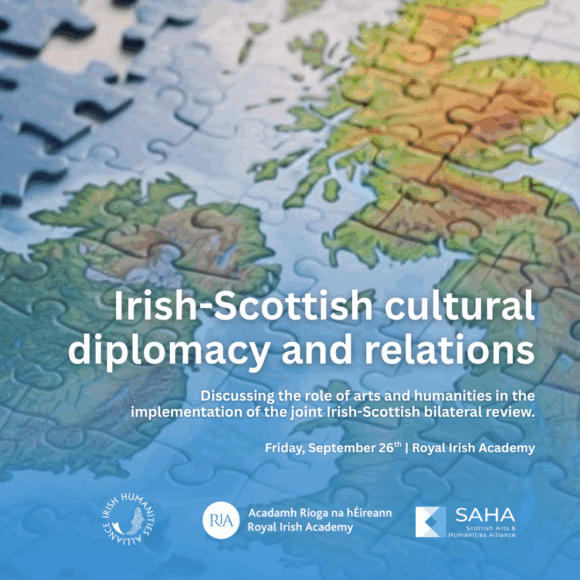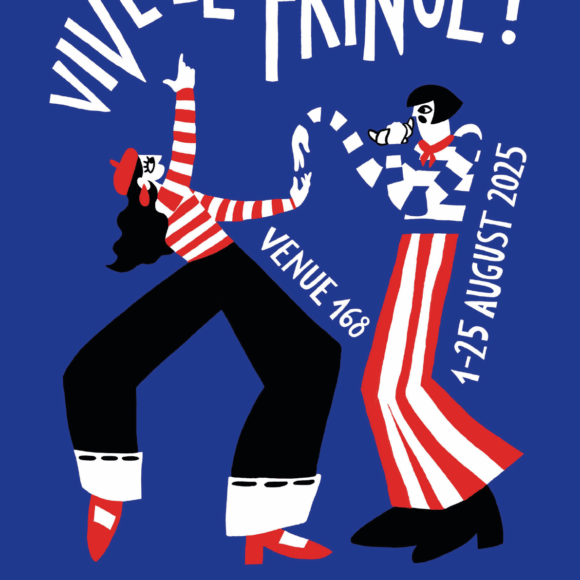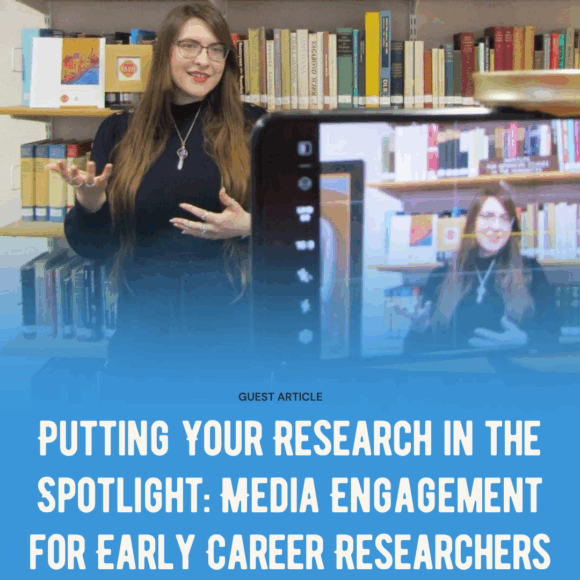The Scottish Arts and Humanities Alliance (SAHA) officially launches a collection of selected impact case studies. Collectively, these examples show the impressive research capability of the Scottish arts and humanities sector. The casebook draws on the impact case studies submitted for the 2021 Research Excellence Framework (REF) by SAHA member institutions. The case studies included in this publication show the diversity of research undertaken at SAHA member institutions and the extensive reach this work has had at the national and international level.
The case studies included in the booklet cover different disciplines (e.g. history, literature, art) and they clearly show the impact that arts and humanities subjects have on how we live today and on how we think about social, political, and economic issues. They also trace new pathways for the future in different areas. The list of sectors where this work has influenced and changed practices is extensive: from politics to the military, from community development to the economy, from heritage to dementia.
As reflected through the case studies, researchers from SAHA member institutions have shaped interpretations of the past in Scotland, the UK as well at international level in places such as the Western Balkans, India or Rwanda. They have also influenced public discourse on key issues including the World Wars or colonialism. Researchers and their collaborators have, moreover, transformed the way institutions in the healthcare organisations communicate and support patients (e.g. through the use of graphic novels to explain complex health problems or the provision of spiritual care for dementia sufferers).
Research captured in these case studies has also shaped national and international policies, such as those related to access to services for deaf people or language acquisition and maintenance (Gaelic). Some of the researchers from SAHA member institutions have exposed and challenged inequalities in the creative sector as well as encouraged reconciliation in post-conflict situations.
The Research Excellence Framework (REF) is undertaken by the four UK higher education funding bodies: Research England, the Scottish Funding Council (SFC), the Higher Education Funding Council for Wales (HEFCW), and the Department for the Economy, Northern Ireland (DfE). It is a robust research impact evaluation, based on a process of expert review, that is undertaken every 5 to 7 years. Academic disciplines are divided into 34 subject-based units of assessment. In keeping with the REF official categories, the casebook uses the REF terminology, noting the relevant unit of assessment for each case study.
Commenting on the publication, Jamie Hepburn MSP, Minister for Higher Education and Further Education, Youth Employment and Training, Scottish Government said:

It was inspiring to read about the wide-ranging and diverse work of the Scottish Arts and Humanities Alliance. The strength of Scotland’s world leading research clearly shines through.
These impact case studies demonstrate the significant impact Scotland’s Arts & Humanities research has on our society in driving positive intellectual, creative and social enrichment.
The booklet provides a useful snapshot of the work of the Scottish Arts and Humanities Alliance in transforming policy and practice, shaping public opinions and delivering real benefits to people across Scotland and globally.
Jamie Hepburn MSP
Scottish Government
SAHA Co-chairs, Prof Catherine O’Leary and Prof Murray Pittock, said:

With this case studies booklet, we highlight the key role that arts and humanities research plays in understanding how past choices can inform current circumstances and future actions; how policies are for people; and how creative collaboration can lead to new solutions to global challenges. These examples celebrate a human-centred approach to social, cultural and economic wellbeing.
Professor Catherine O'Leary, SAHA Co-chair
SAHA

People are part of every research question: we are the ones understanding our world, and creating possibilities in it. The Arts and Humanities are central to this process, because they show us new perspectives, new ways of seeing and fresh uses for data and digital resources. SAHA’s Impact Case Studies show how Scotland’s Arts and Humanities are changing our world.
Professor Murray Pittock, SAHA Co-chair
SAHA
Browse the impact case studies booklet below.
You can also find the booklet in pdf format here: SAHA_Impact_Case_Studies_Booklet
About SAHA
The Scottish Arts and Humanities Alliance (SAHA) was established in 2019 to give a public and collective voice to the arts and humanities in the context of Higher Education. The Scottish Arts and Humanities Alliance aims to promote the valuable contribution of the arts and humanities in Scotland to our social, cultural and economic advancement. SAHA currently has 14 members, 12 HEIs in Scotland (University of Aberdeen, Dundee, Edinburgh, Glasgow, St Andrews, Stirling, Strathclyde, the Highlands and Islands, Heriot-Watt University, Queen Margaret University, Robert Gordon University, Royal Conservatoire of Scotland, Royal Society of Edinburgh), the Scottish Graduate School for the Arts and Humanities(SGSAH) and the Royal Society of Edinburgh.
For more detail, see our 2021-22 annual report at: https://saha.scot/annual-report-2021-22.
